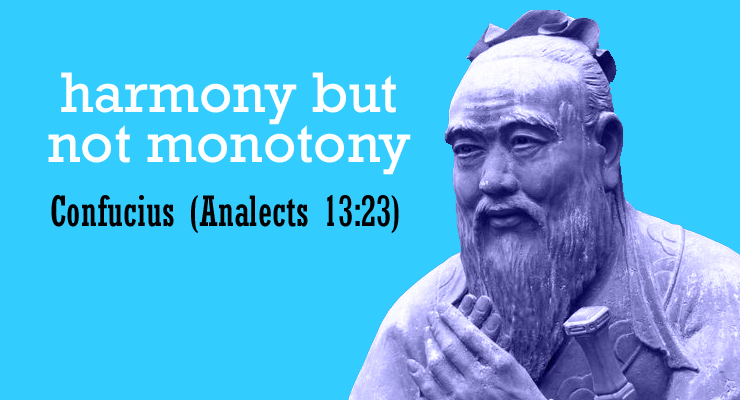
From Voice of America
Last year some of the world’s biggest airlines changed their websites, one by one, to label Taiwan as anything but an independent country. When passengers opened country-specific pages or menus, they often found the Western Pacific island linked instead to China. Each change angered the Taiwanese, who have enjoyed de facto autonomy since the 1940s even though China says the island belongs under its flag.
Now China is pressuring 66 multinational companies to do the same. Each change, including many by companies dear to Taiwanese consumers, is expected to raise a new round of anger.
That cycle will worsen China-Taiwan relations that have sunk steadily since mid-2016 over a senior-level dispute about how to hold any negotiations. The more powerful China already floats an aircraft carrier near Taiwan periodically and picks off Taiwan’s diplomatic allies to flex its muscle.
“Taiwan’s public of course can’t accept saying that Taiwan must have its label changed to ‘China Taiwan,’” said Lee Chun-yee, a legislator in Taipei. “For China to do this, for the future of relations it has absolutely no use.”
Name change demands
China said in its 2018 Blue Book on the Cyber Rule of Law that the 66 multinationals, all among the world’s top 500, should change their reference to Taiwan, Taiwan’s foreign affairs ministry said in a statement Thursday. The Blue Book threatens penalties against companies that don’t comply, the ministry said.
Among the targeted companies are Apple, Nike and Siemens, the ministry added.
The companies may link Taiwan to China on store-finder websites and menus that call for picking a place of business. They’re expected, ultimately, to comply as a way of protecting market share.
Apple’s smartphone share slipped last year already against competition from homegrown brands. Greater China was Nike’s top 2018 growth market following a 35 percent increase in sales, and Siemens calls itself one of China’s biggest foreign-invested firms.
The multinationals will “of course” make the changes, said Liang Kuo-yuan, president of the Taipei research organization Polaris Research Institute.
He added they just might move slower than the airlines, he said, if “hawkish” elements of the U.S. government lean hard on China, which is struggling already with the United States on trade.
Despite protests from foreign governments including the United States, most of the 44 airlines targeted last year met China’s final July 25 deadline for changing their “Taiwan” references. At the top of its Chinese-language flight booking website aimed at Taiwanese passengers, for example, Qantas Airways calls the location “China Taiwan.”
Airlines that didn’t comply risked losing business in China’s aviation market, which is due to surpass the United States as the world’s largest by 2024.
Apple, Nike and Siemens declined comment last week on what they plan to do in response to China’s pressure.
Resentment in Taiwan
China and Taiwan have been separately ruled since the Chinese civil war of the 1940s, when Chiang Kai-shek’s Nationalists lost to the Communists and rebased on the island. China insists that the two sides eventually unite, but public opinion surveys in Taiwan show most people prefer today’s autonomy that includes 30 years of democracy.
“These companies are not government organizations, so to make them express their views clearly on a political issue is definitely of course not positive for Taiwan people’s recognition or for China’s international image,” said Andy Chang, China studies professor at Tamkang University in Taiwan.
Every time a recognized company changes its website to say Taiwan isn’t autonomous, people in China might gloat while peers in Taiwan vent.
Those reactions are already showing online among younger people, said Joanna Lei, chief executive officer with the Taiwan-based Chunghua 21st Century think tank.
“They’ve started calling Taiwan really dirty words and provoking hatred across the Taiwan Strait, and those are the real danger,” Lei said.
Earlier this month, Chinese President Xi Jinping called for a scheme that unifies Taiwan with China but gives the island some local autonomy. Taiwan President Tsai Ing-wen later rejected that idea as well as Beijing’s condition that both sit down for talks as parts of one China.
In its statement, Taiwan’s foreign ministry accused China of “malicious intent.”
“The Ministry of Foreign Affairs strongly condemns China for its outrageous demands and urges China to refrain from further actions to avoid harming the feelings of the Taiwanese people and the amicable development of…relations,” the statement said.
Leave a Reply